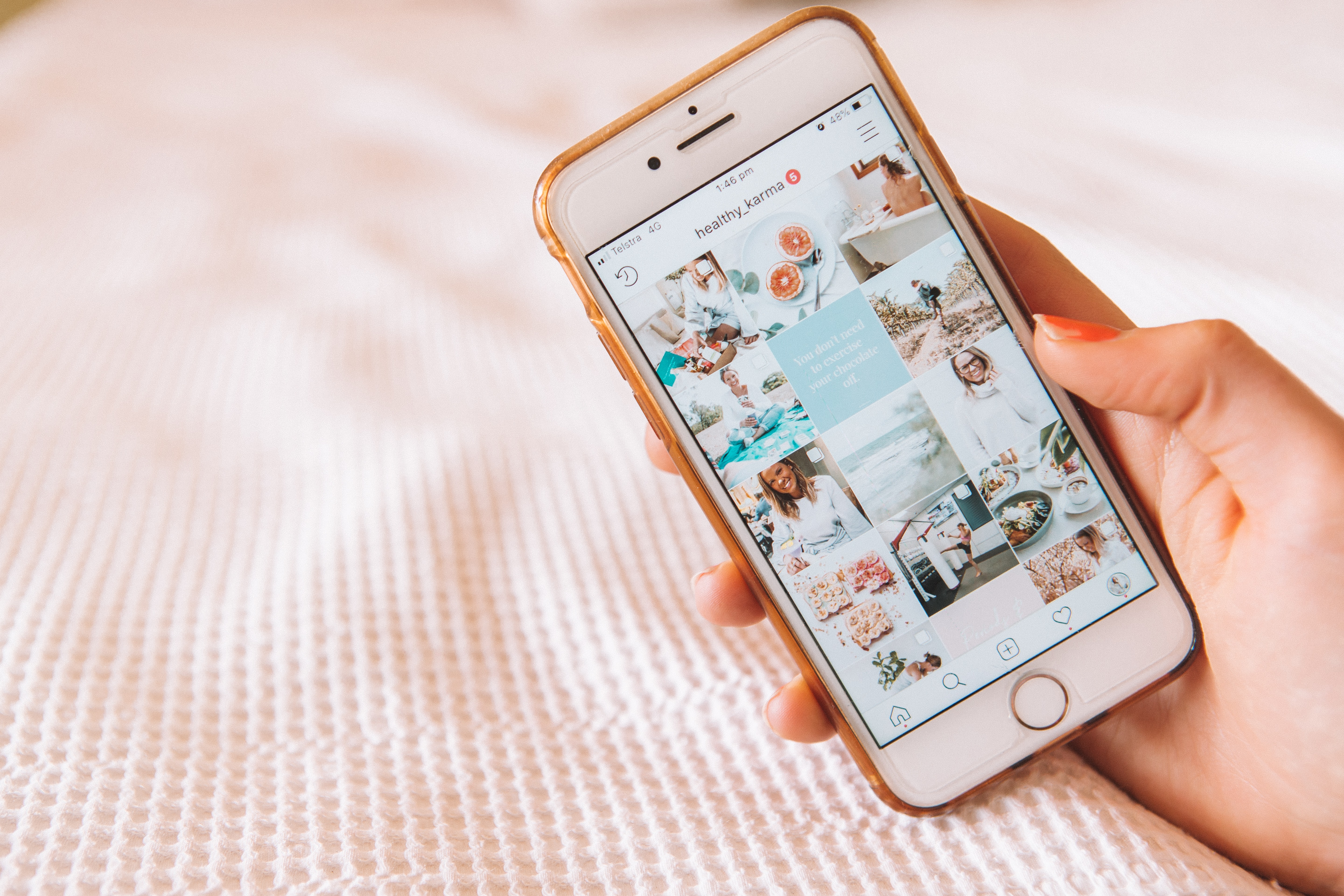Since the early 2000s, social media has become an integral part of people’s lives. As the social media landscape has grown over time, influencers started to make a distinct hit in the market around 2010 with an even bigger boom down the road in 2015. An influencer is someone who has built a loyal following through online channels and content creation. This term has greater meaning now compared to when influencer culture came to life, becoming a buzzword for anyone in the industry. Influencers are often found across multiple social media platforms and have particular interests, ranging from food, fashion, travel, lifestyle and more.
The beginning of influencer culture eventually transformed into what many people know as influencer marketing. At its core, influencer marketing began when Facebook entered the social media landscape. As influencers build their following and create a bond with their audience, they become more valuable to brands. These brands latch onto influencers, forming partnerships and promoting products, typically through social media outlets, that result in increased brand awareness.
Since apps like Instagram and TikTok have surpassed some of the longer-standing social media platforms, influencer culture has grown and become more prominent over time. Influencers have increased engagement among users through creating new, original content that resonates with their followers. Whether it’s a clothing haul, food review or a simple brand overview, influencers invite their followers to join in and become part of their lives, while subtly becoming familiar with the brand they are promoting. Since influencers can come from anywhere and talk about anything, they typically have diverse fan bases that allow access to different and new networks. Additionally, this allows greater opportunities for brands to broaden their target market and ultimately increase brand value.
The value of influencer partnerships has rapidly increased, especially as we continue to face the COVID-19 pandemic. We have seen brands make a variety of adjustments to continue positioning themselves in a positive light through dark times. Despite the repercussions and challenges, influencers have a unique placement as the middle man (or woman!) between brands and their audience, allowing room for a company to flourish.
Influencer marketing is unique from traditional marketing because there is room for freedom in creation. Brands have a loosened grip on how the influencer will promote, making content sharing more natural and personalized. Influencers are often encouraged by brands to create their content genuinely. While offering guidelines and communicating brand information is important, authenticity wins by a landslide. The real-life messages displayed through social channels by influencers increase attraction and bring attention to the brand itself. Providing relatable content through the organic flow of information is where influencers thrive. Becoming aware of the value of authentic relationships between brands and influencers often allows room to show their personality. With a genuine representation of a brand and its products, influencers allow their followers to see real-life products at work. Preserving authenticity is the key to successful promotion and positive feedback from the public.
Since we have found an even greater value in influencer messaging and marketing, what will influencer growth look like in 2021 and beyond? Studies say influencer marketing is set to become a 15 billion dollar industry by 2022. 63 percent of marketers are set to increase their influencer marketing budget and have already taken that action at the start of 2021. Video content will continue to rule and value-driven content will become the standard. The focus will shift to an emphasis on diversity and inclusion within brands and among influencers, as representation is especially vital in content creation.
The predicted upcoming influencer growth rate is exciting for every brand and influencer. With increased demand and popularity in the way companies partner with influencers, there is no stopping this trend in the foreseeable future. If you’re interested in learning more about The Power Group’s influencer relations services, contact Kortni Robinson at [email protected]
